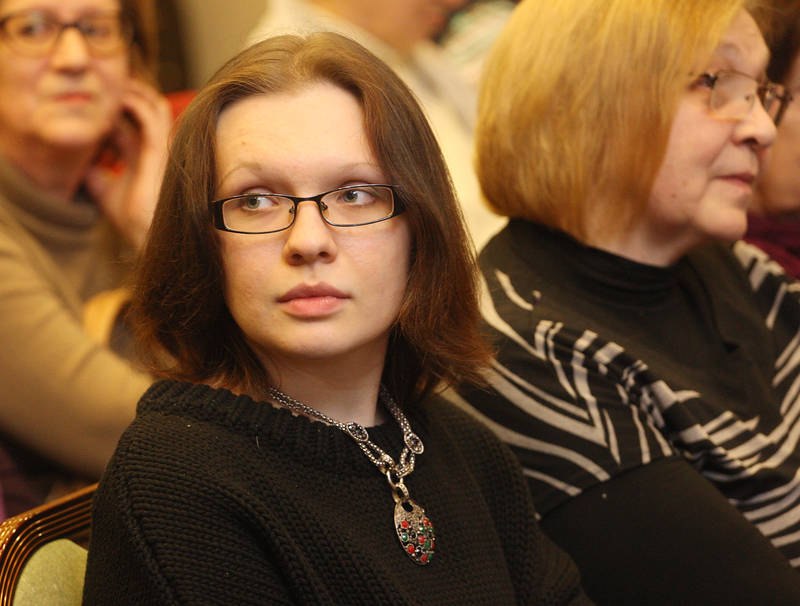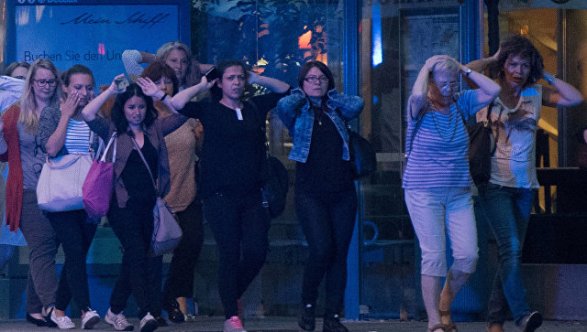
Russia-bashing, sanctions, warmongering, NATO-regiments at Russian borders, and global incitement of colored revolutions and conflicts leads Russians to a growing mistrust of the West and its alliances — even the United Nations.
According to a recent representative public opinion poll, carried out by FOM (Russian Public Opinion Foundation), on June 26th, 41% Russians see the United Nations playing a negative role in the world today. 22% maintain a positive attitude towards the UN, while 37% abstained from responding.
You may want to take a look at the charts published on the FOM website. Below is a clear display of growing mistrust (red curve) and decreasing trust (green curve) toward the UN among the Russian population from 2000 to present.
Displeasure has significantly risen from 15% back in 2006 to 38% in 2014, possibly connected to the rise in Russian patriotism and self-esteem, after Crimea returned in 2014, while a majority of other UN-members showed little to no support or understanding of the situation, ultimately issuing sanctions against Russia. There had been a positive attitude toward the UN for a short period in 2015, but it dropped back to 22% in 2016, presumably due to other geopolitical issues, such as Turkey shooting down a Russian SU-24 jet and UN-members not really being supportive of Russia once again.
The next chart shows age-related attitudes The UN is evaluated most negatively (red line) among people age 31 – 45 years with 48%, while the age group 18 – 30 has been the most supportive with 30%. ( in green ) People 60 and above have the highest rate of abstention with 46% (grey).
Only 16% believe the UN represents the interests of the majority of countries, while 62% are convinced that UN activities do not correspond to Russian interests. As shown on the following chart, the latter has risen from 33% back in 2006, possibly due to Russia’s growing international role.
These statistics are quite interesting. In Soviet Russia people often say sociological research is “the mercantile whore of global imperialism”. But in our case there’s a reason for the low ratings.
I strongly advise you to read what Russian President Vladimir Putin said in his speech at the 70th session of the UN General Assembly in 2015. Not only because it’s a masterpiece of rhetoric, but because it illustrates the results of this poll.
The main reason for the development of mistrust towards the UN is the geopolitical situation, where Russia is being blackened at every corner and, citing Vladimir Putin,“instead of learning from other people’s mistakes, some prefer to repeat them and continue to export revolutions, only now these are “democratic” revolutions (…) Instead of bringing about reforms, aggressive intervention rashly destroyed government institutions and the local way of life. Instead of democracy and progress, there is now violence, poverty, social disasters and total disregard for human rights, including even the right to life”.
Russian people have a strong sense of justice and are highly sensitive to such things. No wonder they mistrust those who wage war while speaking of peace.
Add these facts up with the speech of Vladimir Putin and his high rating of support in Russia. And there’s even more to that. When in the begin of the 2000’s Russia somehow managed to recover from the crisis after the breakdown of the Soviet Union, the UN-concept has been very popular among the population, as people considered that the future of their country lies within an alliance, not within Russia itself. This also may explain the low level of support of the UN’s role among middle aged people. They experienced life in both the Soviet Union and Russian Federation — when the Soviet Union started decaying and ultimately came to its demise, young people, born in the 70’s – 80’s, have placed their trust into the West and western ideals. The horror of the 90’s, however, showed them, that there’s no help to seek from anyone. People had to rely only on themselves. They regretted having abandoned ideals of communism, but life somehow had to go on with mistakes of the past taken into consideration. Such an attitude finally bore fruits — modern Russia is an independent, secular state and its inhabitants have no illusions considering alliances with the West.
1500 people aged 18 and above from 104 cities and villages within 53 Federal Russian entities took part at the poll. The margin of error is no more than 3.6%.

